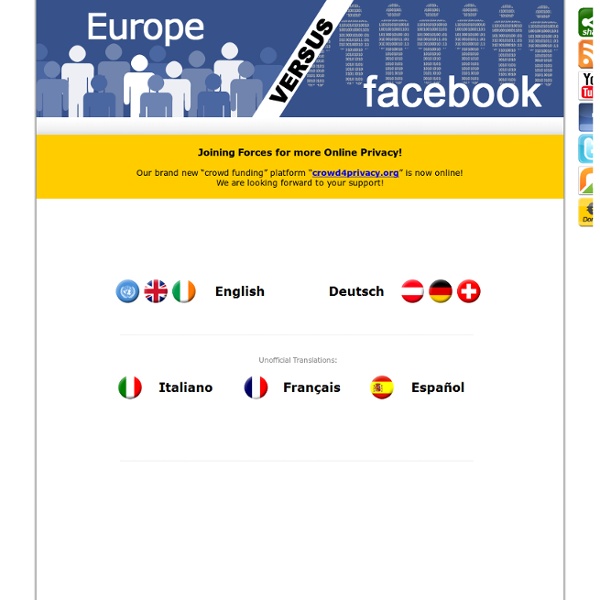



Astuces pour Facebook Dites Aurevoir aux Applications Like-Gating sur Facebook Facebook vient d’annoncer un changement intéressant: les applications de type « Like-Gating » ne sont plus autorisées sur la plateforme. Celles qui sont actuellement en place perdront cette fonctionnalité technique le 5 novembre 2014. Pour rappel, les applications Facebook de type « Like-Gating » permettent d’augmenter la taille de la communauté d’une page Facebook en montrant un contenu exclusif aux utilisateurs qui deviennent des fans. Facebook déclare : « Vous ne devez pas inciter les gens à utiliser des plugins sociaux ou à aimer une page. Cette annonce a été effectuée sur le blog des développeurs hier, lors de la sortie de la version 2.1 de l’API du Graph et de la mise à jour des SDKs pour Android et iOS. Question : que pensez-vous de ce changement?
12 conditions imposées par Facebook lors de l’organisation d’un jeu concours Bonjour à toutes et à tous. Aucun utilisateur de Facebook ne peut le démentir aujourd’hui, il ne se passe pas un jour sans que l’on assiste à l’organisation de concours sur la plateforme, par des entreprises, pas des blogs, ou par toute autre entité possédant une Fan-Page. Je reste cependant dubitatif lorsque j’observe la manière dont ceux-ci sont organisés. Convenons-en, ces règles promotionnelles n’ont rien de sexy, et pire, elles sont régulièrement modifiées par Facebook, ce qui implique que vous devez accorder de l’attention à leur contenu de temps à autre. Cet article nommé « 12 conditions imposées par Facebook lors de l’organisation d’un jeu concours » se contente simplement de résumer l’essentiel, ce qu’il vous faut savoir avant de faire quoi que ce soit. 1. Première chose absolument essentielle, sachez qu’il ne vous est pas autorisé d’organiser un concours sur une Fan-Page Facebook. 2. Cette condition n’est qu’une conséquence logique de la précédente. 3. 4. 5. 6. 7. 8. 9. 10.
Comment devenir invisible sur Facebook ? Pour tous ou pour quelqu'un Vous avez décidé d’utiliser Facebook pour vous-même et pour un nombre restreint de personnes ? Si vous ne faites rien et ne mettez pas le nez dans vos réglages, c’est perdu d’avance. Pour vous faire plus « discret » sur le réseau, vous devez procéder à quelques réglages. On va vous faciliter la tâche en vous indiquant ici la marche à suivre. Ce tutoriel a été mis à jour en février 2014. Invisible lorsque vous vous connectez à Facebook Gardez la main sur votre présence en ligne en effectuant ce réglage basique concernant le module de messagerie instantanée. Vous pouvez facilement désactiver la discussion instantanée de manière ponctuelle depuis la petite roue crantée en bas à droite : Pour une invisibilité plus permanente, nous vous recommandons de lire de guide pour désactiver la messagerie instantanée. Notre compte pas visible sur les moteurs de recherche On poursuit notre quête de dissimulation numérique en’s’intéressant à la présence de notre journal sur les moteurs de recherche.